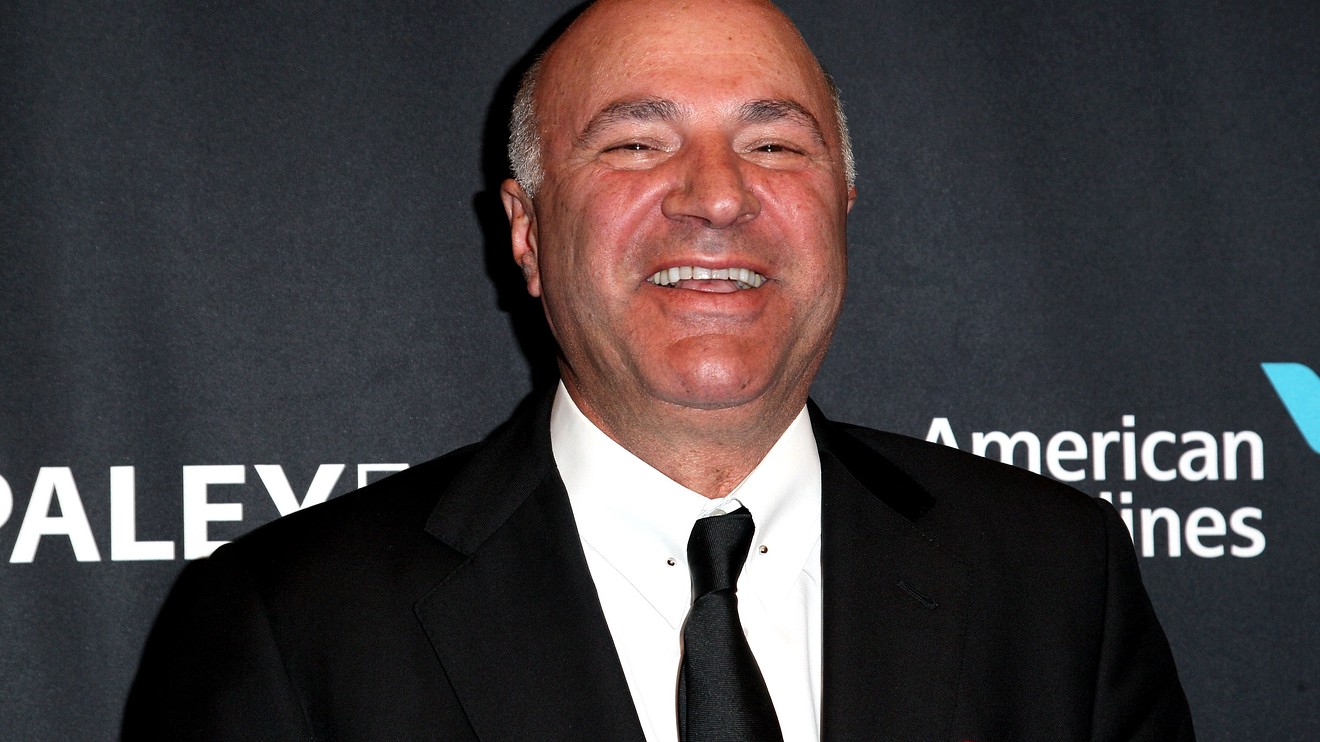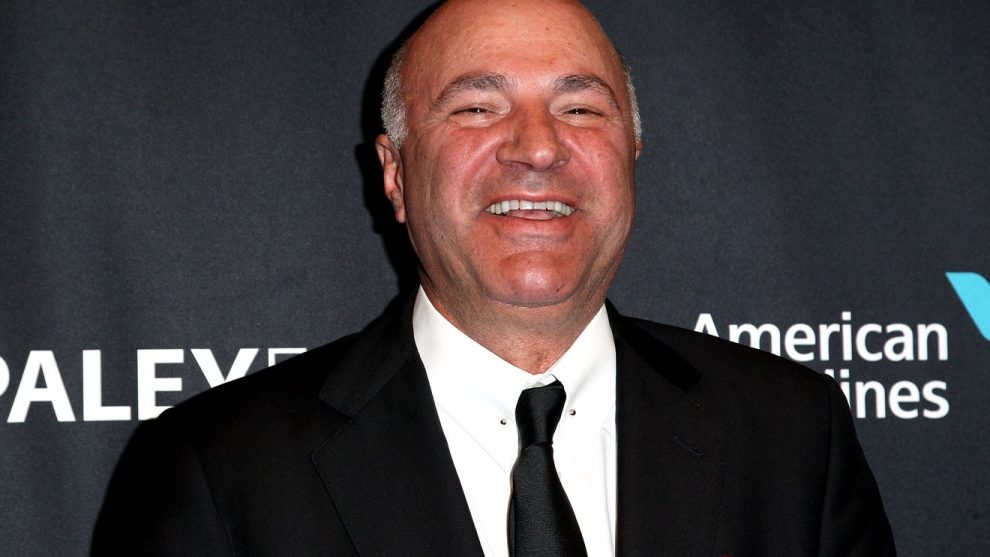
I’m a big fan of “Shark Tank,” the CNBC show where successful entrepreneurs listen to young hopefuls pitch the next big thing — and maybe buy a piece of the action.
Of course I would be. As an entrepreneur myself I totally get where they’re coming from in terms of risk and reward.
Kevin O’Leary, one of the panelists, made his money on learning toys for kids. Now he listens intently as people pitch newfangled sponges, sippy cups, video doorbells and the like.
Recently, he talked about how he’s done owning cars, which is a fascinating idea. His logic is compelling, and it can be applied to prudent investing, too.
Our country has long had a love affair with the open road. Getting your first car was long a teenage rite of passage.
Financially speaking, though, car ownership today is a terrible idea, O’Leary said.
“You’re thinking about buying a car. Let me give you a new idea: Don’t,” O’Leary said on CNBC.
“Cars cost a fortune in maintenance and insurance and just the amortization, which means as they go down in value, you’re losing money,” O’Leary explained.
“Let’s say I pay $25,000 for it. Two years later, it might be worth only 12 [thousand dollars].”
Money black hole
Don’t lease, either, he says. That’s taking the financial hit with nothing to show for it at all, just payments into a money black hole.
Sure, some of us need a car. I get it. But nobody needs too much car, and that’s what the auto makers are in the business of selling. Luxury, not transportation.
O’Leary takes mass transit. He hails ride-sharing services.
“Even if you use a car every day to get to work, it’s still cheaper to use a shared ride service, because you can choose the level of luxury you want. You can share the ride with somebody else,” O’Leary said.
“I know people that go miles for only eight bucks. They’re taking advantage of a system that’s actually democratizing the cost transportation. Why aren’t you?”
What I like about O’Leary’s case against the car is that it resonates for me in terms of financial advising, which is my line of business.
Yes, somebody out there needs a commissioned stockbroker to handle their trades. There are buyers for high-fee mutual funds, I am sure.
And someone is going to pay a financial adviser hundreds, even thousands, a month in fees for what amounts to a cursory glance at their portfolio twice year.
But why?
I would understand if the trading ideas of stockbrokers were regular winners.
But they just aren’t, mathematically speaking, and brokers are heavily conflicted: They get paid to recommend certain investments over others.
I would understand if active mutual funds beat the market consistently. But they can’t. Most of the time, after you subtract their hefty fees, the funds return less than the overall market.
And if the thousands of people using the unregulated title “financial adviser” somehow could add real value to your portfolio I would be totally on board. But mostly they can’t.
Changing times
Adding value would mean taking real time to understand your financial situation, like, say, a certified financial planner would do for you.
Most people who claim to be advisers are in fact order-takers. And that’s all they do. Plus they’re conflicted as well, and mightily so.
Only a few years ago, a stockbroker or financial adviser was probably your only choice for long-term planning and investing. But, like ride sharing, short-term apartment rentals, and all the rest of the sharing economy, things have changed.
Technology is part of it, but so is the simple fact that lower costs means higher returns for you, the actual investor.
If you’re going to buy anything, buy advice from a conflict-free adviser and planner, someone who by law must act in your interest ahead of their own.
And for goodness’ sake stop overpaying for it.











Add Comment